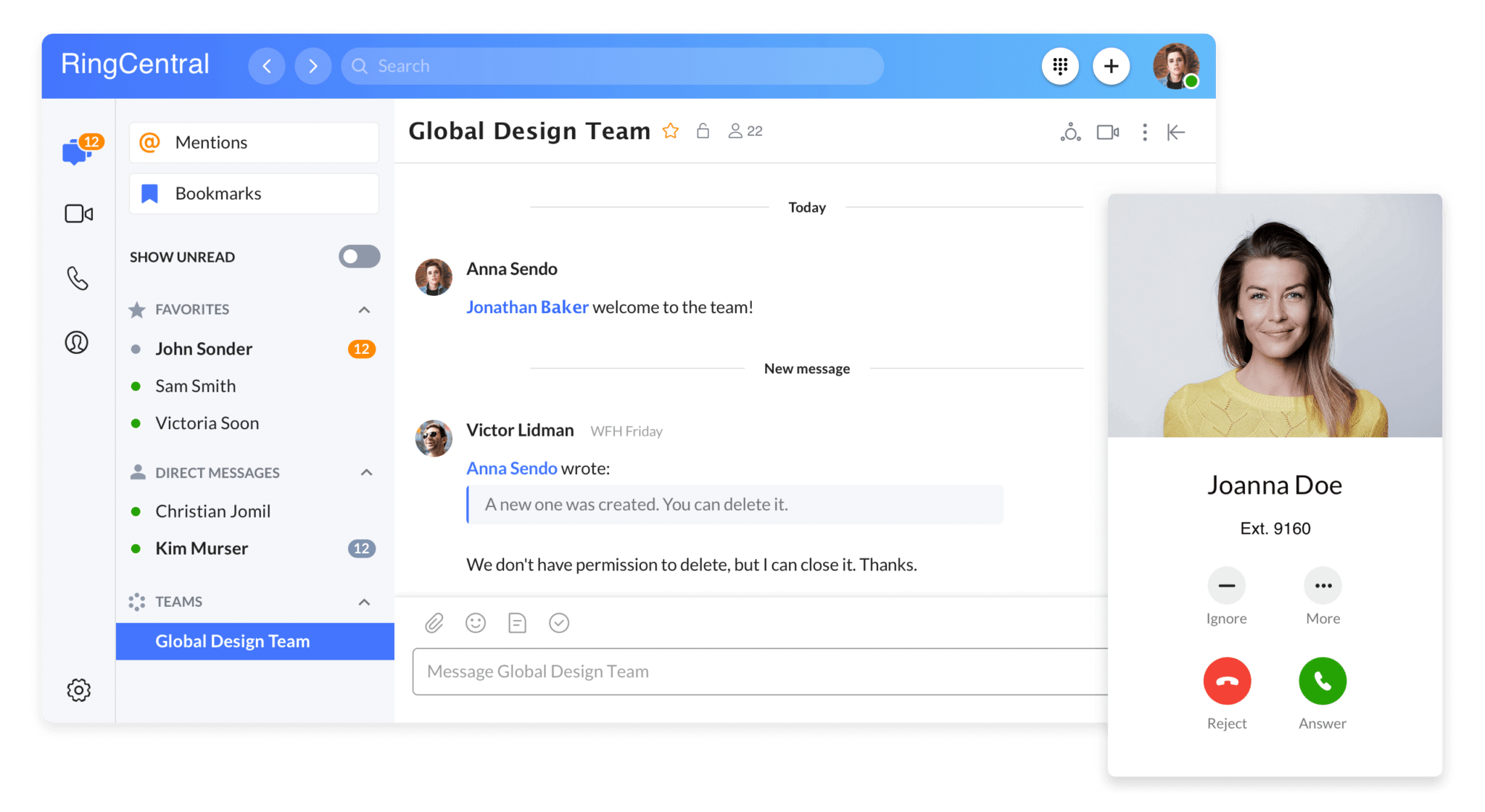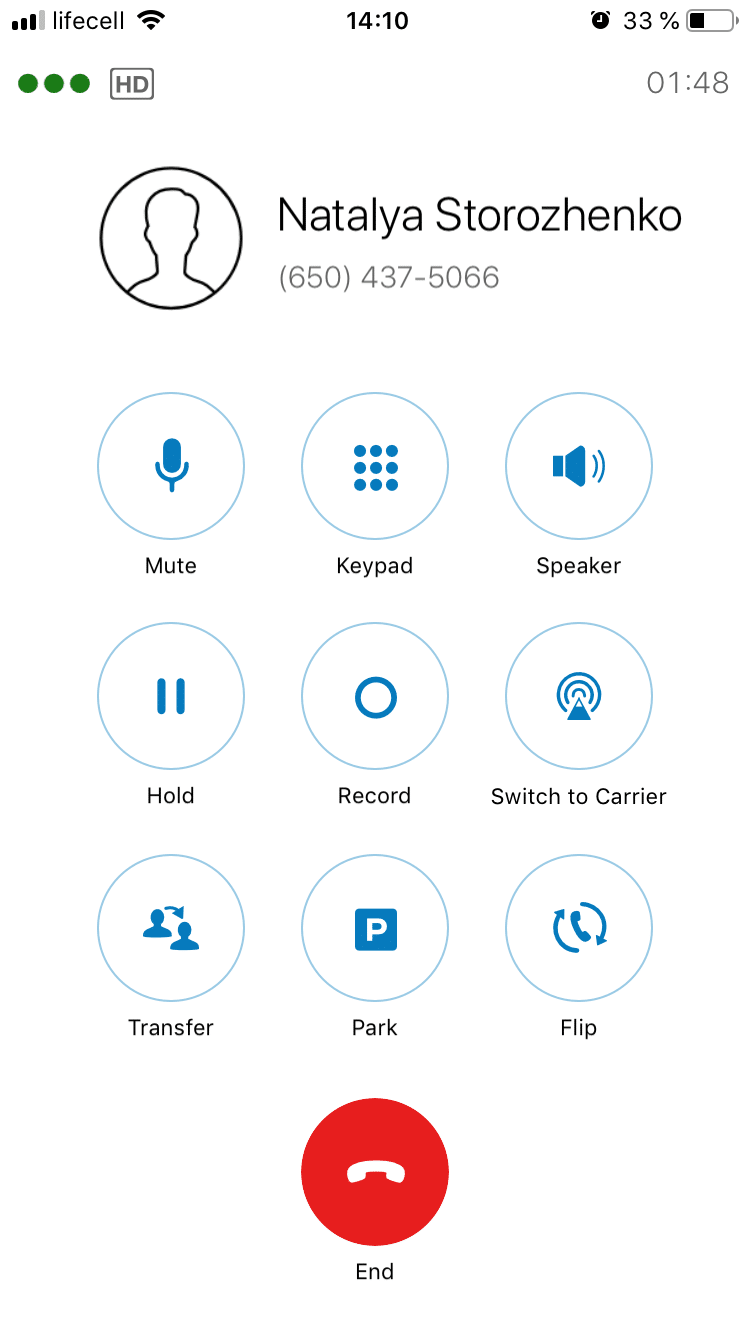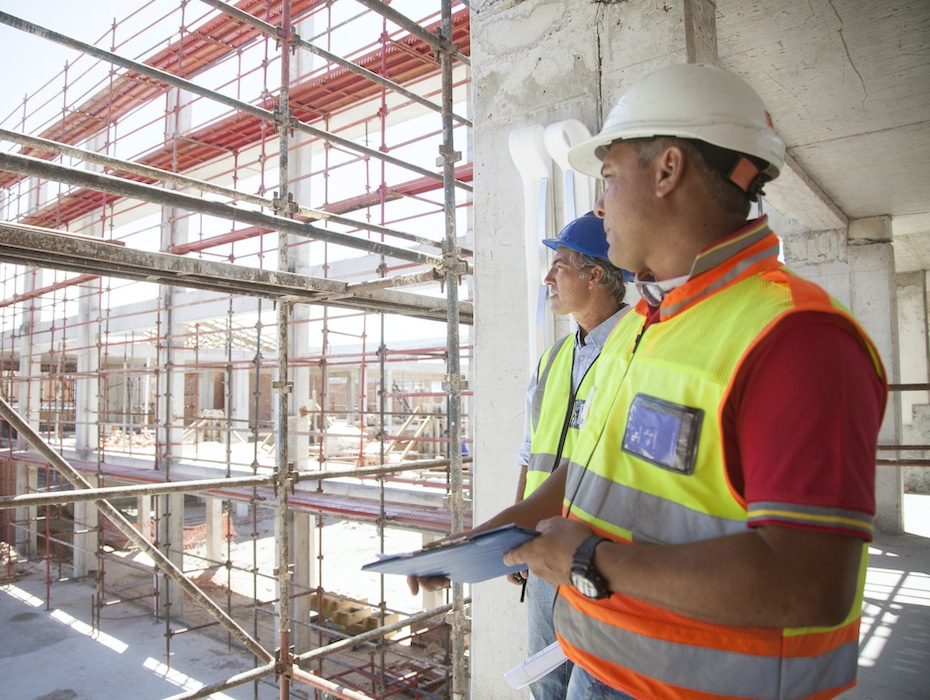Highlights:
Do you work in the construction industry? If so, then you know the pains that come with poor communication. If you and your team have poor communication, then it will only lead to a poor result when it comes to your construction project. Think about it: When people delay or stop responding to inquiries, all construction work is at risk of being at a standstill. And in reverse, if everyone is communicating efficiently and are in sync, projects will finish without a hitch and on time.
Getting on the same page when it comes to communicating with your teammates, partners, and clients is no easy feat—and we’re here to help. With the rise of remote and hybrid work, now is the time to take advantage of this newfound work flexibility and reevaluate your communication approach in the construction industry.

What does the construction landscape look like?
Before diving into ways to improve your communication skills in the construction industry, let’s first take a look at the current construction landscape. Having these insights in your back pocket will help you better tailor your communication style to fit the industry.
- 82% of owners feel they need more collaboration with their contractors. Whether you’re remote or on-site, find more channels to collaborate and communicate with contractors and stakeholders more so that you’re all on the same page.
- $17.5 trillion is predicted for global construction spending by 2030. This additional spending can help you upgrade your current communications setup. Can you imagine how much easier your life would be with a more modern and reliable communication tool that’s fully stacked with new features and integrations?
- Over 50% of engineering and construction professionals report one or more underperforming projects in the previous year. Don’t underperform at this rate by communicating more clearly and in real time with your colleagues and clients. One single miscommunication can throw a wrench in the project’s outcome.
- 69% of owners say poor contractor performance is the single biggest reason for project underperformance. Hold contractors accountable by providing regular feedback and turning to performance insights.
- Large projects typically take 20% longer to finish than scheduled and up to 80% over budget. When it comes to larger projects, be transparent about expectations upfront to ensure you stay within budget and meet deadlines.
Whether you work at a commercial or residential construction firm or operate as a specialist contractor, remember these key stats when you enter into future conversations.
7 must-have construction communications skills
Now that we’ve walked through a brief overview of the construction landscape, let’s dive into the part we’ve all been waiting for: How to improve your communication skills in the construction industry. Below, we outline seven must-have communication skills to ensure you collaborate effectively and smoothly finish construction projects on time.
1. Immediately determine who’s who
Have you clearly outlined the chain of command at your organization? For example, who is the project owner? Who are the contractors and subcontractors? Who is the supervisor and who is the architect? What about the engineers and electricians, who are they? If you’re unsure who’s who when it comes to your projects, it’s time to map out a very clear chain of command.
Write out every role involved in your project and add the appropriate stakeholders’ names next to it—bonus points if you can add a detailed list of each person’s specific responsibilities (for example, managing contract documents can be one of the many tasks listed under one person’s name). This way, people can easily find who to contact for what the first time and ensure information is getting to the right people in a timely manner. This quick first step will save everyone time in the long run and provide instant transparency on roles and responsibilities.
2. Pick the right communication tool
Even though managing a construction project can be complex, your communications setup shouldn’t have to. This is why it’s crucial that you pick the right communication tool that will make your job (and your team’s job) easier, not harder. With the right tool by your side, communication can flow effortlessly and be easily accessible anytime, anywhere.
Cater to your teams’, clients’, and partners’ preferred communication channels by getting a unified solution that can do it all in a single app: messaging, video meetings, phone calls, texts, and even faxes. Unified communications can help your construction business to have more convenient interactions, enable teams to collaborate more seamlessly from any location, and improve internal recordkeeping and time tracking.

Are you ready to get on board with unified communications? Check out this infographic highlighting unified communications for the modern construction business.
As you contemplate which communication tool is the right one for your business, ask yourself the following questions:
- Can it handle customer communications professionally, simply, and securely (whether it’s video meetings, phone calls, team messaging, SMS, or fax)?
- Is it reliable with an uptime that exceeds 99.999% so that you’ll never have to worry about unexpected drops from crucial calls?
- Can it seamlessly integrate with a host of popular apps like DocuSign, Dropbox, Jira, and Salesforce?
- Is it mobile-friendly and easy to use at the project site, in the office, or on the go?
- Does it improve teamwork and make it easy to store and share files, links, and customer details in real time?
- Is it scalable and can it grow with the business?
If you answered yes to all of the above, then you’re heading in the right direction.
Take a look at Coffman Engineers as an example of a construction company that chose the right communication tool and instantly saw a massive return on investment. Coffman Engineers is a Seattle-based engineering consulting firm with 475 employees working across 14 offices throughout the US and its territories. With the company experiencing rapid growth in recent years, Coffman’s IT team began seeking a better alternative to its aging phone system.
Wesley Peper, Coffman’s Corporate IT Manager, decided to migrate the company’s phone system from PBX to VoIP with RingCentral and explained:
“As we reviewed different solutions out there, RingCentral jumped to the top of our list for a few reasons. First, there were all of the features available with the RingCentral Office platform. Second, the price was attractive… RingCentral’s price was affordable, and it represented a significant saving over maintaining our PBX system. And finally, all of the positive customer reviews we saw about the service put RingCentral over the top for us. It was clearly the right choice.”
Since switching to RingCentral, the company no longer has to pay for phone lines and hardware and has seen significant cost savings:
“It’s hard to quantify the savings exactly because the phone service we’re getting now is so different from our legacy system. But given all the maintenance and upkeep costs we no longer have, I’d say that even if RingCentral were costing us 50% more per employee, it would still easily represent a 25% savings over our legacy phone infrastructure. The cost savings with RingCentral has been significant.”



3. Actively listen and engage in your conversations
We’ve all heard the saying: “Talk less, listen more.” This is especially true when working in a construction environment—there are numerous people involved and conversations happening simultaneously. This is why it’s important to be an active listener and engage in your conversations.
What does it mean to engage in your conversations? It means to be present and concentrate on what others are saying. If they share something, follow up with a thoughtful response. Try not to get easily distracted and make others feel heard. Actively listen to their feedback and remember to take action on it if it requires a next step.
Whether you’re communicating with customers, teammates, or partners, being fully present in your conversations (both in person and digitally) will strengthen your relationships and develop more meaningful conversations.

4. Be direct and keep it simple
There’s a lot of ground to cover when working in the construction industry—regulations, contracts, supply chains, materials, equipment, labor supply, and unexpected cancellations to name a few. This is why it’s important to be direct and to keep it simple when communicating to avoid any confusions.
When you leave a conversation, ensure everyone walks away knowing what exactly was discussed and what the next steps are. Remember to stick to the facts and be available to answer any questions to ensure everyone is aligned. Try your best to avoid jargon and overcomplicating conversations.
If having things written down helps, take notes during your calls and share them with stakeholders in your team messaging platform. You can even attach additional files and imagery to your team messaging chat so everyone can reference them in the future.
5. Encourage others to speak up
The best communication is two ways. No one wants to be talked to the entire time—people want to talk with another. As you engage in conversations, encourage others to speak up and have a more open, fluid conversation so that others feel comfortable speaking honestly. Gathering professional opinions about the project can benefit the wider team and overall outcome.
Especially for those who are working remote and joining video meetings, remember to turn your video on so that people can see your face and feel more connected to you. If you’re on a construction site and the background has loud noises, take advantage of the “mute” button while others are speaking to avoid disruptions. Build a safe in-person and virtual environment for others to communicate.
6. Document and record all communication
Document, document, document. Not everyone can remember everything that was said in a call, and that’s totally fine—we’re human. This is why it’s important to document everything and record calls about your construction project. This can be great follow-up material for those involved and also can be used later to help clarify any potential confusions.
The next time you’re in a video meeting, record the meeting and distribute it to your team afterwards. And when it comes to team messaging platforms, the great thing about it is that your entire chat history is always saved and available to revisit. Some team messaging platforms even allow you to pin important messages for easier finding and keeps track of all previous attachments, such as files and images.
7. Keep learning
Don’t feel limited when it comes to improving your communication skills—there’s always room to grow and learn. This is where training comes into the picture. Educate yourself and others on how to better communicate in the construction industry by having open workshops or office hours. See if your company can offer training sessions or invite communication experts to share tips and tricks. Even look at training resources that are available online, like Udemy and Lynda, to continue educating yourself on communication etiquette.
Start making phone calls, sending video chat invites, or sending messages to your colleagues to share communication best practices, challenges, and previous experiences. By opening up new conversations with your peers in the same industry, you can learn from another and find better ways to communicate. In addition to taking educational courses and chatting with your peers, make sure you get proper training on your company’s communication tool so that you know how to take full advantage of it.
Construction businesses winning with RingCentral
Numerous construction companies are improving the way they communicate with RingCentral. To provide inspiration and insights for your construction business, check out the following success stories:
Structural Technologies skyrockets productivity
Structural Technologies provides contracting services to improve, protect, and repair new and existing structures. The company needed a unified communications solution that could support its mobile workforce, and RingCentral fit the bill perfectly. Jason Kasch, CIO at Structural Technologies, explained why RingCentral was his first choice:
“RingCentral was the only provider we looked at that had a completeness of vision and a history of continuous improvement.”
With the help of RingCentral Professional Services™, it took Kasch and his team just 90 days to roll out their new unified communications system across 22 North American locations. The Structural Technologies team now has the flexibility to work anywhere, anytime, and on any device. Kasch gives the following illustration of how RingCentral’s all-in-one platform can be used to solve a typical engineering problem:
“Say someone is working on-site and sees something on a drawing that isn’t right, such as an access problem that wasn’t anticipated, for example. That person can initiate a phone call or send a text and start a conversation with an engineer in the office about the problem. That engineer can have a conference with other engineers, change the drawings, and then share the new document through RingCentral to the worksite. In the past, it would have taken one day to make the change and another day to have copies of the drawings sent out. Our engineers now get that kind of on-the-fly, just-in-time change done in 20 minutes to an hour.”
5 Star Plumbing, Heating, and Cooling stays connected 24/7
5 Star PHC is a small, family-run plumbing and HVAC business located in Maryland. As a small business that provides a 24/7 emergency service for its customers, the company’s success depends on having an always-on, reliable communications setup. Matt, the company’s Operations Supervisor, shared:
“We believe that great communication is key to having a successful business. And we wouldn’t have great communication without our help from the team over at RingCentral. RingCentral has a variety of features that we absolutely love and use every single day.”
For Matt and his team, one of the most useful features that RingCentral provides is call forwarding. As a business that has to be ready to react to customer needs day and night, this feature has proven to be invaluable:
“Call forwarding allows us to leave the office at normal operation hours and forward our calls from our RingCentral landline to any one of our office personnel’s mobile cell phones. We’re a 24-hour-a-day, 7-day-a-week emergency service company, and we have to answer the phone 24/7. Now, if I miss a call, it’s going to be forwarded to one of my next office managers, and we’re able to maintain optimal efficiency and, most importantly, keep the customer happy.”

Better communication, better construction project outcomes
How you and your team communicate plays a big role in the success of your construction projects. The more everyone is connected and communicating, the more likely projects will finish on time with less surprises. The next time you’re communicating with various stakeholders on a new construction project, remember to define a clear chain of command, set yourself up with a top-rated unified communication tool, and actively listen. With our seven tips, you can confidently strengthen your communication skills in the construction industry.
Looking For Startup Consultants ?
Call Pursho @ 0731-6725516
Telegram Group One Must Follow :
For Startups: https://t.me/daily_business_reads







